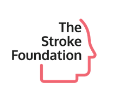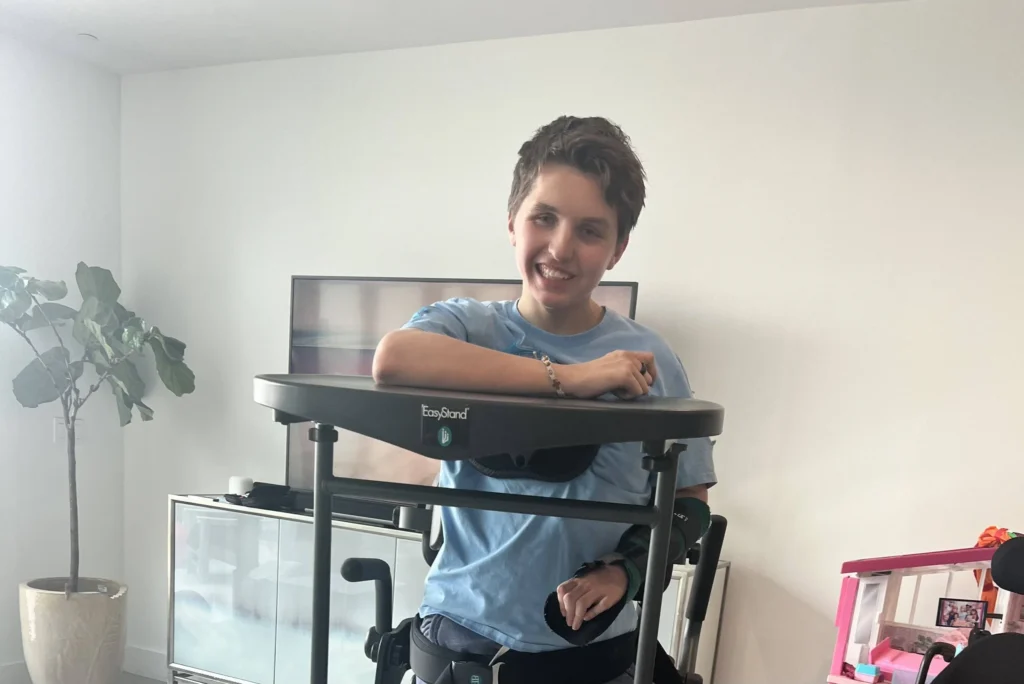Speech and language therapy is a crucial intervention for stroke survivors who often face challenges like aphasia and other speech impairments. This therapy helps improve communication abilities, boosting overall quality of life post-stroke. In this article, we will outline the process of speech therapy and discuss its benefits specifically for stroke survivors.
Understanding Speech and Language Therapy
What is Speech and Language Therapy?
Speech and language therapy (SLT) is a healthcare field focused on assessing, diagnosing, and treating speech, language, communication, and swallowing disorders. Therapists work with individuals across all age groups, tailoring interventions to meet specific needs. For stroke survivors, SLT can be a vital part of the rehabilitation process.
Why Do Stroke Survivors Need Speech Therapy?
Stroke can lead to various communication challenges, including:
– Aphasia: Difficulty with language comprehension and production.
– Dysarthria: Weakness in the muscles used for speech, leading to slurred speech.
– Apraxia of Speech: Difficulty in coordinating the movements required for speech.
– Cognitive-Communication Disorders: Challenges with memory, attention, and problem-solving.
– Dysphagia: Swallowing difficulties.
The Process of Speech Therapy
Initial Assessment — The therapy process begins with a comprehensive assessment:
– Case History: Gathering detailed medical, developmental, and social history.
– Standardized Tests: Using specific tools to evaluate speech, language, and cognitive abilities.
– Observations: Noting communication behaviors in different settings.
Goal Setting — Based on the assessment, the therapist sets realistic, measurable goals. These goals address specific areas of need and are designed to track progress over time.
Therapy Sessions — Therapy sessions are tailored to individual needs and can include:
– Articulation Therapy: Focusing on correct sound production.
– Language Intervention Activities: Enhancing vocabulary, sentence structure, and comprehension.
– Voice Therapy: Improving voice quality and control.
– Fluency Therapy: Strategies to manage stuttering.
– Cognitive-Communication Therapy: Enhancing memory, problem-solving, and organizational skills.
– Swallowing Therapy: Techniques to improve swallowing safety and efficiency.
Home Practice and Support — Therapists often provide exercises and activities for clients to practice at home. Family involvement is encouraged to support and reinforce progress.
Regular Reviews and Adjustments — Therapists regularly review progress and adjust therapy plans as needed to ensure continuous improvement.
Benefits of Speech Therapy for Stroke Survivors
- Improved Communication Skills: Speech therapy significantly enhances the ability to express thoughts, needs, and emotions effectively, leading to better interpersonal interactions.
- Enhanced Cognitive Function: Therapy can boost cognitive skills, including memory, attention, and executive functions, improving overall daily functioning.
- Increased Independence: As communication and cognitive skills improve, stroke survivors gain greater independence in daily activities, contributing to a better quality of life.
- Emotional and Social Benefits: Effective communication reduces frustration and anxiety, fostering better social relationships and emotional well-being.
- Swallowing Safety: For stroke survivors with dysphagia, speech therapy improves swallowing safety, reducing the risk of aspiration and improving nutritional intake.
Speech and language therapy plays a vital role in the rehabilitation of stroke survivors. Through tailored interventions and continuous support, speech therapy helps individuals regain their communication skills, enhancing their independence and overall quality of life. If you or a loved one is a stroke survivor experiencing speech or language difficulties, seeking the help of a qualified speech therapist can make a significant difference.
If you need help locating a speech therapist in your area, visit https://www.findhelp.org/





